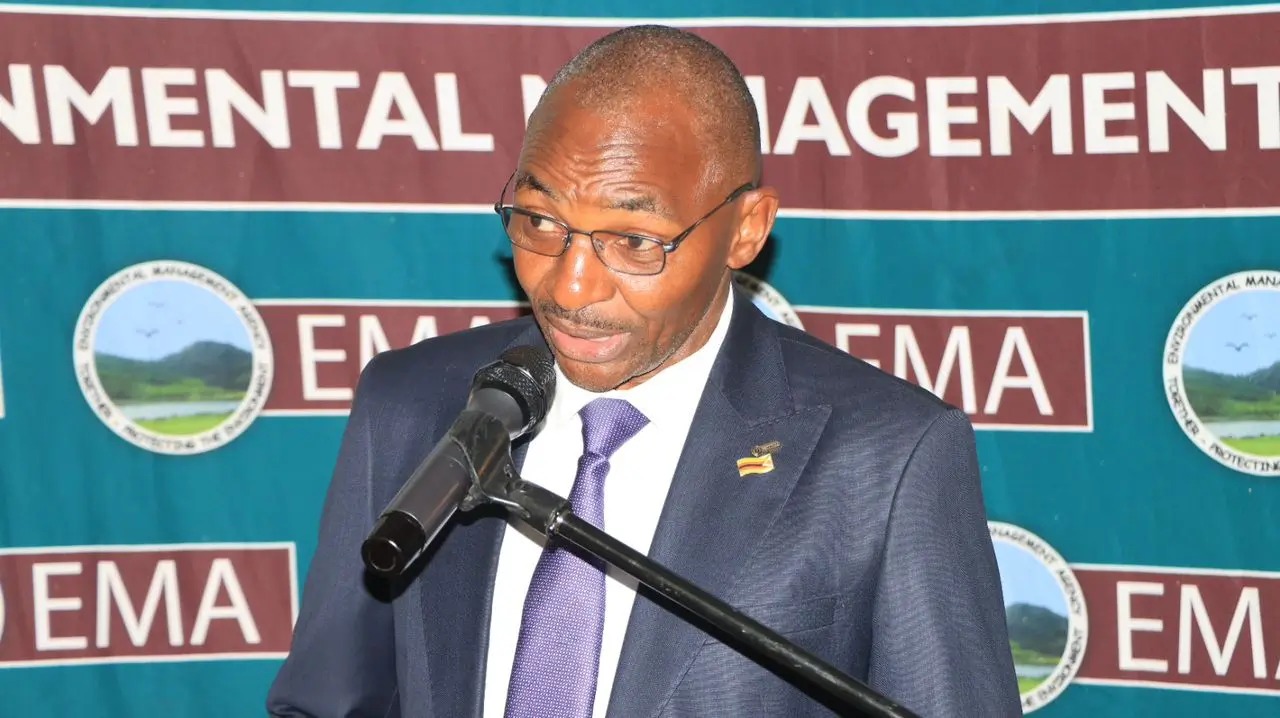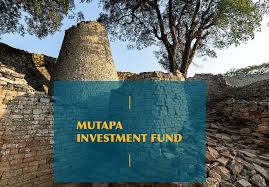Latest News
Top Story
 NetOne CEO granted US$500 bail in fraud case
NetOne CEO granted US$500 bail in fraud case NetOne Cellular (Pvt) Ltd Chief Executive Officer, Raphael Mushanawani (60), has been granted bail of US$500 after appea...
Top Story
 South African ambassador falls to death from Paris hotel room
South African ambassador falls to death from Paris hotel room South Africa's ambassador to France has been found dead after falling from the 22nd floor of his hotel.Emmanuel Nkosina...
Top Story
 India dumps US Treasury bills
India dumps US Treasury bills India has reduced its holdings of US Treasury bills over the past year, reflecting a more cautious approach in its centr...
Top Story
 ZSE and VFEX recover after weak 1st half
ZSE and VFEX recover after weak 1st half Zimbabwe's equity markets had a subdued first half of 2025, with the Zimbabwe Stock Exchange (ZSE) shedding 3% in real ...
Top Story
 Gold edges up as traders await guidance
Gold edges up as traders await guidance Gold edged higher as traders weighed the outlook for US monetary policy ahead of a key speech by Federal Reserve Chair J...
Top Story
 Wheat records first ZMX trade at US$400/tonne
Wheat records first ZMX trade at US$400/tonne Wheat has recorded its first trade on the Zimbabwe Mercantile Exchange (ZMX) weekly auction floor, with the crop fetchi...
Top Story
 Young Investment Professional (YIP) Graduate Programme 2019
Young Investment Professional (YIP) Graduate Programme 2019 Company Name Investec Asset Management Company Location Cape Town, Western Cape, South Africa Click HEREJob descriptionO...












 Young Investment Professional (YIP) Graduate Programme 2019
Young Investment Professional (YIP) Graduate Programme 2019
Editor's Pick